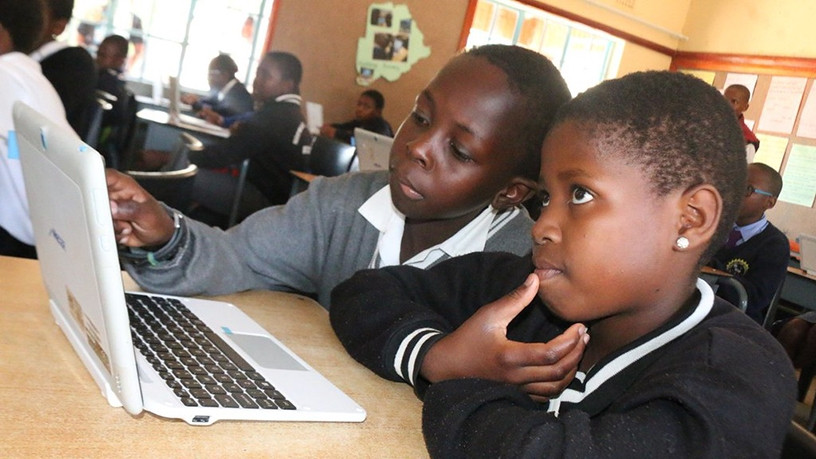
The 2017 edition of Africa Code Week exceeded expectations by empowering 1.3 million youth across 35 countries with basic coding skills.
This number, according to organisers, indicated a 203% increase over the 2016 iteration, which saw nearly 427 000 youth trained across 30 African countries.
Launched in 2015 by SAP EMEA, in partnership with the Cape Town Science Centre and the Galway Education Centre, Africa Code Week is an initiative that brings together hundreds of schools, teachers, governments, businesses and non-profit organisations with the aim to empower young people across Africa with digital literacy skills.
Over the next 25 years, Africa's working-age population will double to one billion, exceeding that of China and India. In the meantime, the digital skills gap in the continent is widening, and coding, according to SAP, has the power to put millions of young Africans on the path to successful careers and empower them to build sustainable growth in a where companies are currently struggling to hire qualified IT talents.
Claire Gillissen-Duval, director of EMEA Corporate Social Responsibility at SAP and global project lead for Africa Code Week, explains "Participation in the Southern African region increased by nearly 142%, with more than 116 800 youth trained in total. We also saw unprecedented collaboration between our public and private sector partners, as well as from NGOs such as Code For Change that leveraged their participation in Africa Code Week 2017 to scale coding classes across 100 secondary schools in SA over the next 12 months."
The initiative, which took place in October, is now actively supported by UNESCO YouthMobile, Google, the German Federal Ministry for Economic Cooperation and Development, 15 African governments, over 100 partners and 100 ambassadors across the continent.
In 2017, Africa Code Week and UNESCO joined the #eSkills4girls initiative launched by the German Federal Ministry for Economic Cooperation and Development to overcome the gender digital divide. The latter awarded 20 grants to 20 organisations, improving digital skills and employment perspectives for 8 259 girls and women in emerging and developing countries.
"With an average ratio of 43% female participation in coding workshops, Africa Code Week 2017 has created a huge appetite for digital skills development among Africa's girls. Female representation in African companies in STEM-related fields currently stands at only 30%, requiring powerful public-private partnerships to start turning the tide and creating more equitable opportunities for African youth to contribute to the continent's economic development and success," says Gillissen-Duval.
With the highest engagement ratio of 1 622 youth per 100 000 population and a total of more than 390 000 introduced to coding during this year's edition, Cameroon wins the Africa Code Week 2017 championship, notes SAP.
Morocco's total engagement of 378 000 placed it second for overall participation, Mauritius sported the second-best engagement ratio of 1 545 youth engaged per 100 000 population. Botswana took third place with an engagement ratio of 1 168 per 100 000.
Share